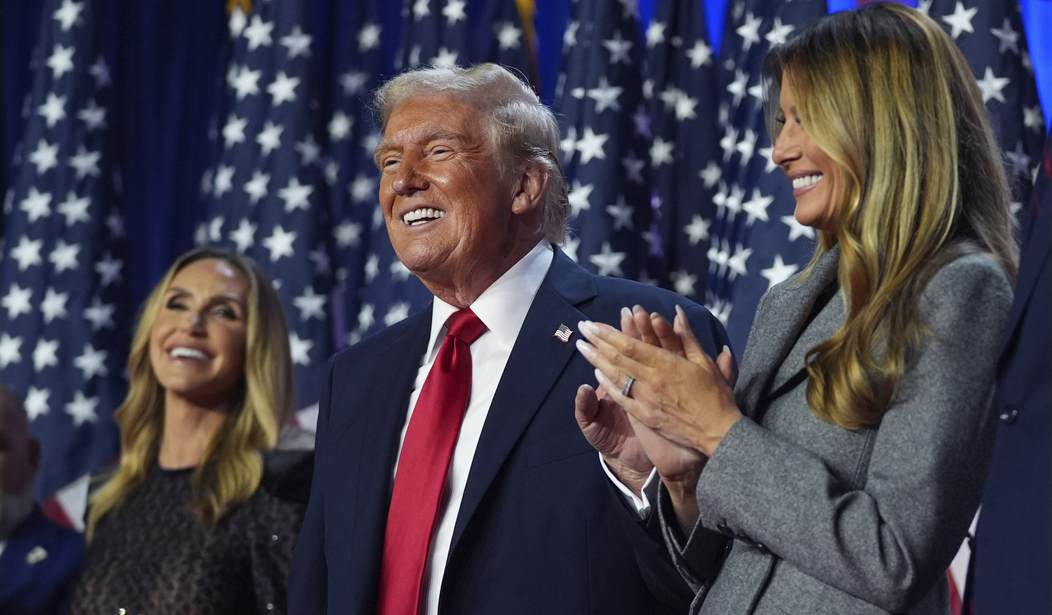You're in a prison cell with two doors, each with its own identical guard. One door leads to freedom, the other to the executioner. The doors are also identical and unmarked — there is no way to tell which one leads where. You're allowed just one question to either one of the guards but not both. One guard always tells the truth and the other always lies, but you don't know which one is which. The guards know which door leads to freedom and which one to death but there's no way to spot the liar.
What do you do with your one question?
It's called the Two-Guards Riddle, and it's also the secret to how Polymarket found the "shy" Donald Trump voters who eluded the old-school polling companies during not one but THREE presidential races.
When someone has been compared to Hitler, accused of wanting to enslave women, routinely demonized in every other way, sued, convicted, relentlessly belittled, and shot at as many times as Trump has, it's understandable that millions of people might not want to admit to strangers on the phone that they're still willing to vote for him.
That's why so many people were surprised — I'm looking at you, Rick Wilson — when the Silent Majority gave Trump such a convincing win on Tuesday.
You should look at Rick, too, and also point and laugh at the former conservative who sold his soul to MSNBC for what I'm told was substantially more than the traditional 30 pieces of silver.
I realize that Rick is laughing all the way to the bank, but they'll never let him withdraw his soul.
Sorry. I got off on a tangent there. But you have to allow me a little gloating this week.
As it turns out, the way to find those shy Trump voters is almost identical to the solution to the Two-Guards Riddle.
It matters not which guard you use your one question on, provided you ask them this one question: "If you were to ask the other guard which door leads to freedom, which one would he tell me to take?"
Listen carefully to the answer and then take the other door. You'll be a free person, guaranteed.
No one appreciates it more than the anonymous French bettor "Théo," who made $50 million on a $30 million bet on Trump. Betting under four different Polymarket accounts, Théo told the Wall Street Journal that his wagers were "essentially a bet against the accuracy of polling data" that showed a close race. But Théo didn't just bet on Trump to win. He bet on Trump to win all but one of the tossup states and the popular vote.
Polls failed to account for the “shy Trump voter effect,” Théo said. Either Trump backers were reluctant to tell pollsters that they supported the former president, or they didn’t want to participate in polls, Théo wrote.
To solve this problem, Théo argued that pollsters should use what are known as neighbor polls that ask respondents which candidates they expect their neighbors to support. The idea is that people might not want to reveal their own preferences, but will indirectly reveal them when asked to guess who their neighbors plan to vote for.
Very few polls used the neighbor effect. Théo found a handful that did, saw Trump's support was stronger than it appeared, and then he bet big.
Even unaware of Théo, I kept a close eye on Polymarket — as regular readers of my Wargaming the Electoral College columns know. Polymarket heard the Silent Majority that the polls missed, in large part because of Théo's $30 million plays.
Now, did you figure out why that particular question to either guard works or do we need to get into it further in the comments?
Recommended: A Fond Look Back at Harris's Train Wreck Car Crash Dumpster Fire Campaign
This is it: Your last chance to take advantage of our best-ever VIP membership discount. Celebrate Trump 47 with 74% off... seriously, can that be right? 74%? Somebody at Mothership HQ must have broken into my liquor cabinet so hurry before they sober up and cancel the POTUS47 code.










Join the conversation as a VIP Member